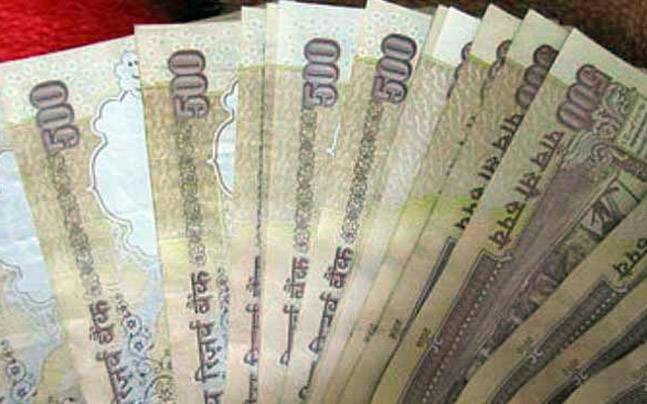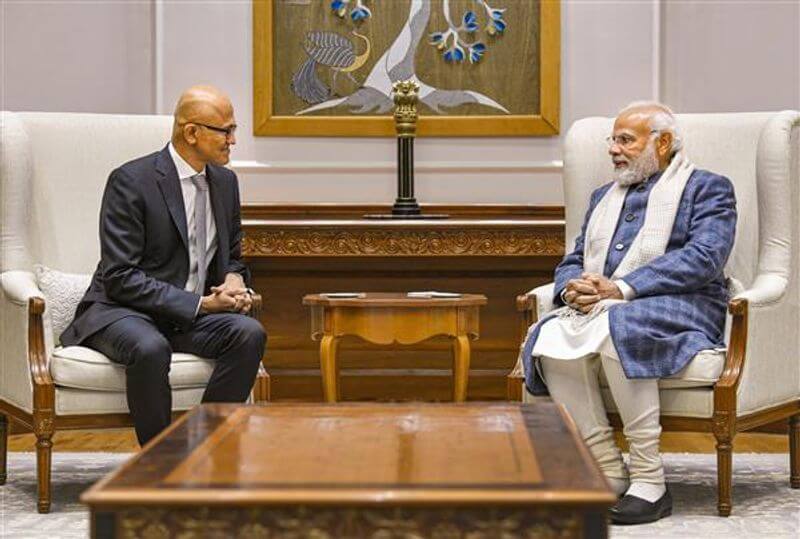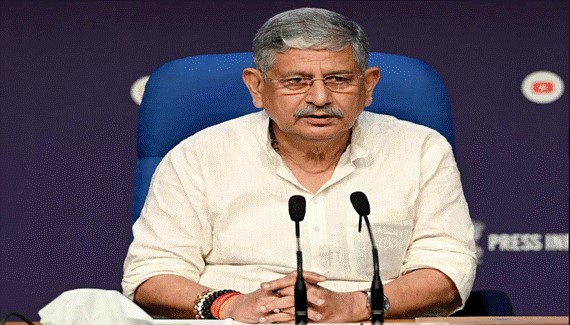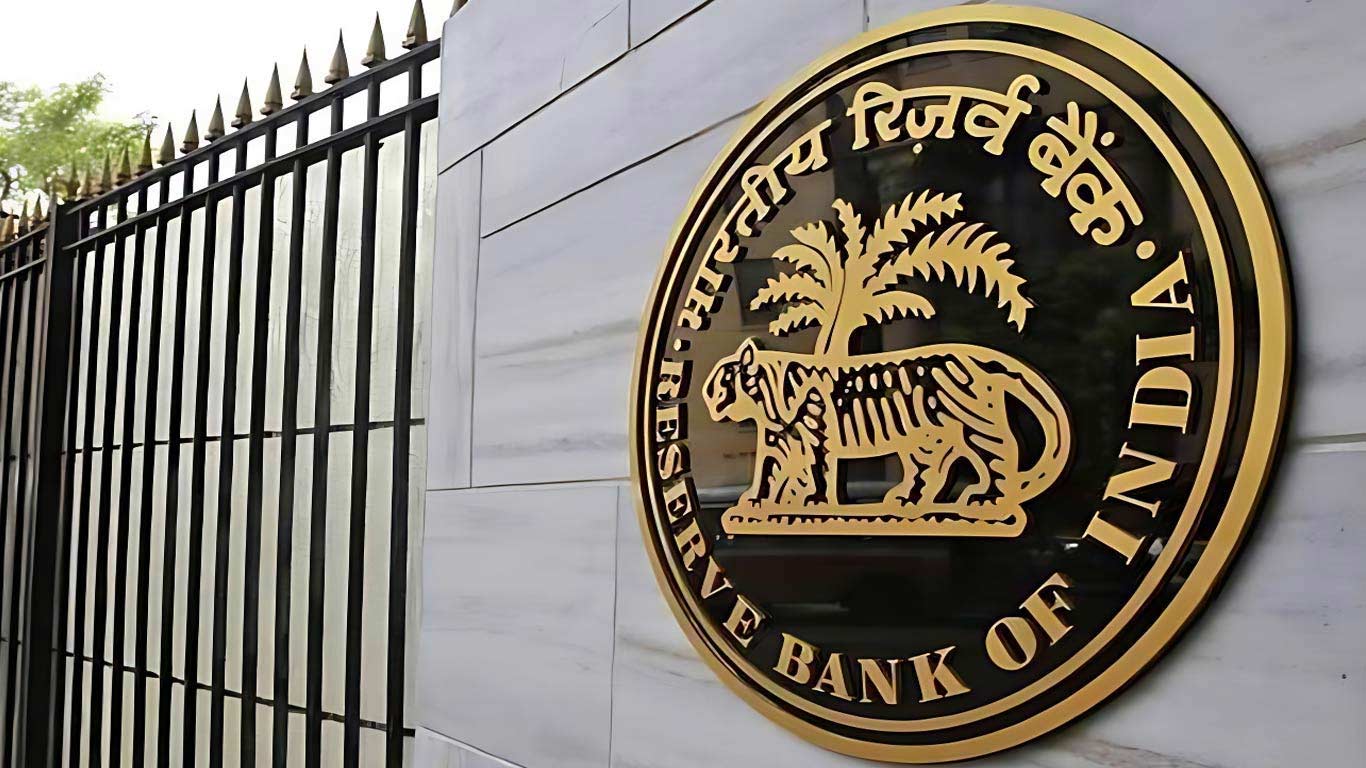Social impact of demonetisation may have been greater: World Bank
Mon 29 May 2017, 20:38:15

The World Bank has said the social impact of demonetisation may have been greater as the informal economy was likely to have been hit especially hard. However, the Bank said the impact of demonetisation on the informal economy was difficult to measure and greater data availability, especially on labour markets, is needed to better gauge the social impact of such policies in the future.
In its India Development Update released on Monday, the Bank said there were “statistical issues that mask some of the impact of demonetisation on measured economic growth in Q3 (third quarter of 2016-2017).” The government had on November 8, 2016 announced that existing Rs. 500
and Rs. 1000 banknotes, corresponding to 86 per cent of India’s currency in circulation by value, had been “demonetised” – that is, ceased to be legal tender.
and Rs. 1000 banknotes, corresponding to 86 per cent of India’s currency in circulation by value, had been “demonetised” – that is, ceased to be legal tender.
Noting that demonetization caused an immediate cash crunch and that activity in cash-reliant sectors was affected, the Bank said India’s GDP growth slowed to 7% per cent year-on-year during the third quarter of 2016-2017 from 7.3 per cent in the first quarter. As a result, a modest slowdown is expected in the GDP growth in 2016-2017 to 6.8 per cent. According to the Update, growth is expected to recover in 2017-2018 to 7.2 per cent and is projected to gradually increase to 7.7 per cent in 2019-2020.
No Comments For This Post, Be first to write a Comment.
Most viewed from Business
AIMIM News
Latest Urdu News
Most Viewed
May 26, 2020
Can Lionel Messi's visit boost Indian football?
Latest Videos View All
Like Us
Home
About Us
Advertise With Us
All Polls
Epaper Archives
Privacy Policy
Contact Us
Download Etemaad App
© 2026 Etemaad Daily News, All Rights Reserved.



.jpg)
.jpg)




















.jpg)
.jpg)
.jpg)


